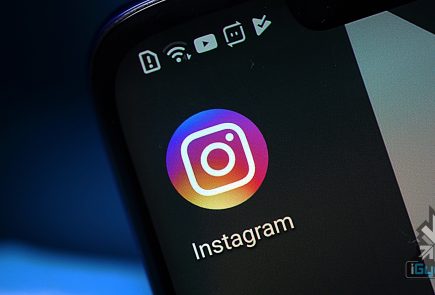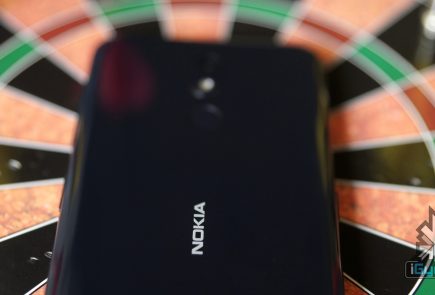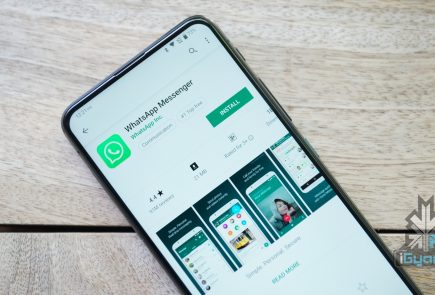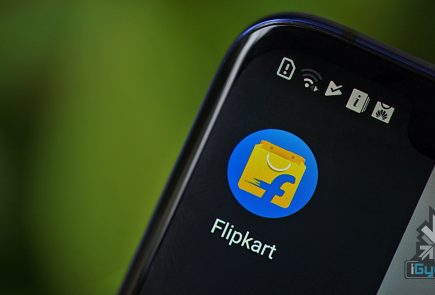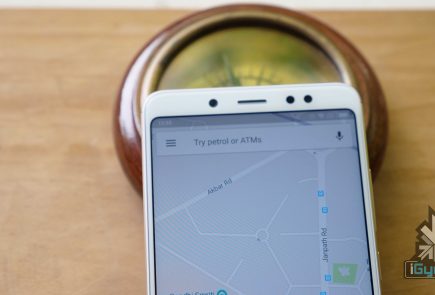Snapchat Users Were Snooped Upon By Company Employees, Here’s How

It seems like information transferred via most applications is not secure anymore. Where local security was an important matter of concern some years back, privacy has lost its dignified spot with the advancements in technology. Conglomerates like Facebook were previously under scrutiny for indulging in activities that led to data leaks worldwide. The latest addition to the list includes Snapchat, a popular media sharing platform that has been allegedly accused of accessing private user data without consent.
 It has been reported that the company consists of multiple departments, some of them with access to user data via dedicated tools. Former employees of Snapchat have divulged that multiple Snap employees misused their access privileges to pry on private Snapchat user data several years ago. The user data included location information, saved snaps, phone numbers and email addresses. All this information has been derived from a cache of internal company emails obtained by sources.
It has been reported that the company consists of multiple departments, some of them with access to user data via dedicated tools. Former employees of Snapchat have divulged that multiple Snap employees misused their access privileges to pry on private Snapchat user data several years ago. The user data included location information, saved snaps, phone numbers and email addresses. All this information has been derived from a cache of internal company emails obtained by sources.
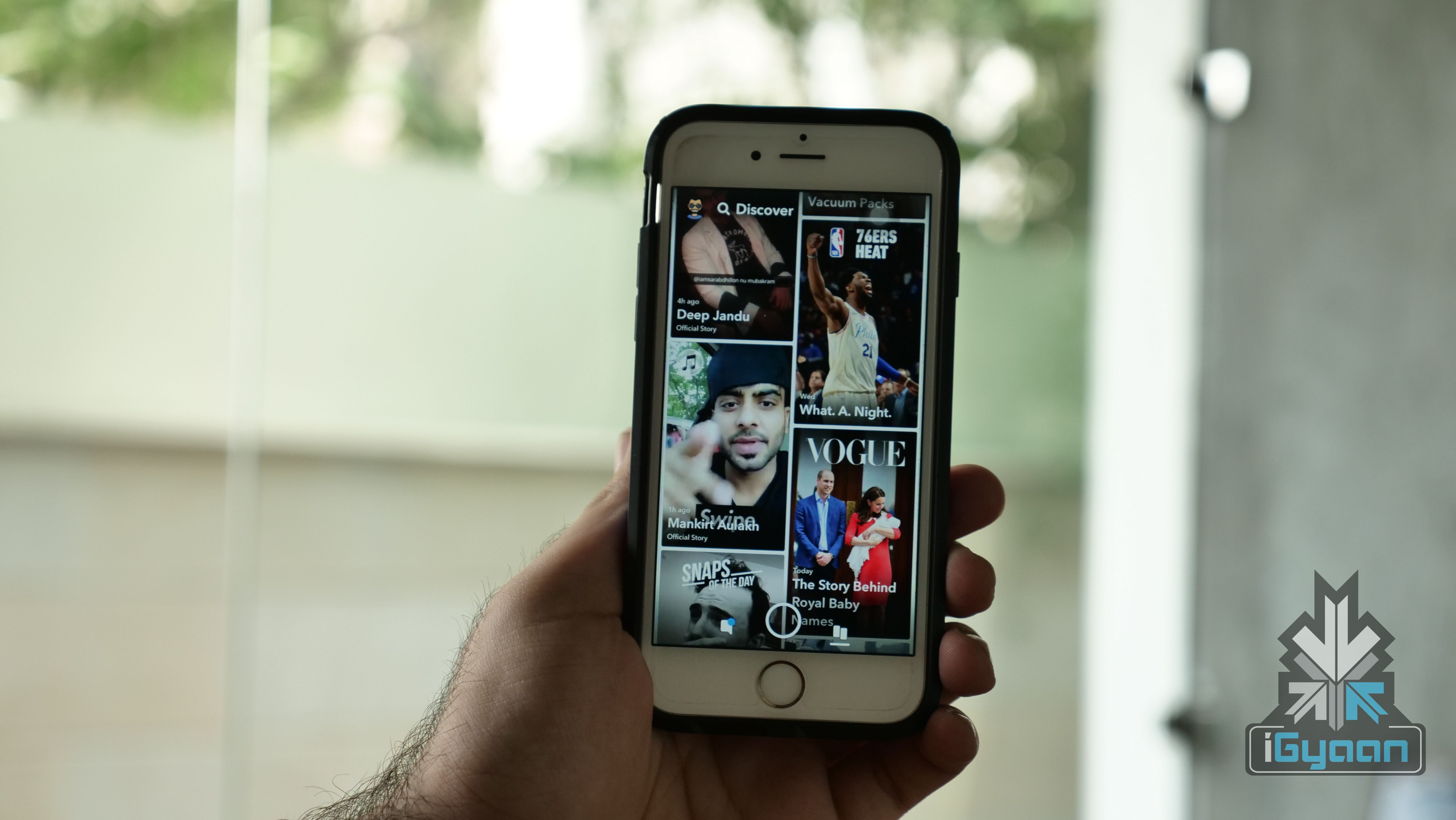 Reports also state that one of the aforementioned tools that the company employees were allegedly using was SnapLion. The original intended use of the tool was to make a database of information concerning users – all of this in response to valid law enforcement requests. Reportedly, this tool was only intended for use by select officials of Snapchat, but this was clearly not the result.
Reports also state that one of the aforementioned tools that the company employees were allegedly using was SnapLion. The original intended use of the tool was to make a database of information concerning users – all of this in response to valid law enforcement requests. Reportedly, this tool was only intended for use by select officials of Snapchat, but this was clearly not the result.
 Also Read: OnePlus 7 Pro Camera May Not Have A True 3x Optical Zoom
Also Read: OnePlus 7 Pro Camera May Not Have A True 3x Optical Zoom
It is very unnerving to see that the application which relies on end-to-end message security as a central basis of its existence fall to internal security breaches like these. Snapchat has more than 180 million users worldwide who need to be aware of the same. Almost 5 years back in 2014, Snapchat was fined by the FTC (Federal Trade Commission) for failing to disclose the collection, transmission and storage of geolocation data derived from the users. Users need to know that behind the “secure” application which they use every day are actual people who can access their highly sensitive data at the press of a button.
















